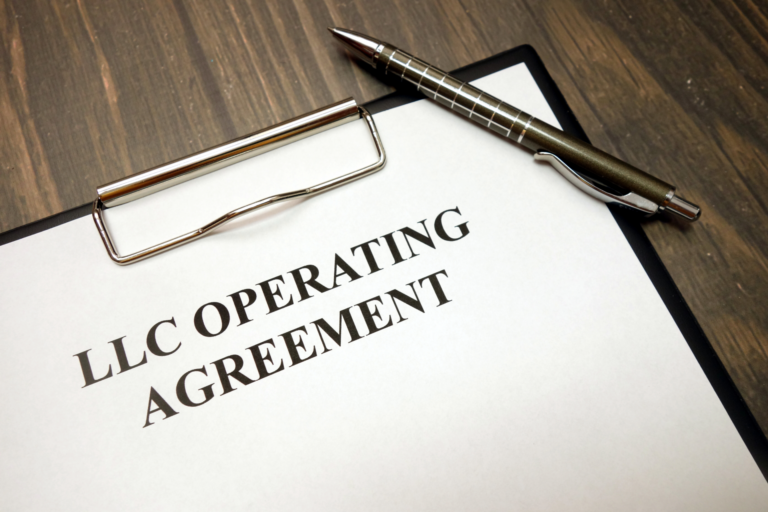It is not rare to find cases in which a Florida resident dies with unpaid debts. In such cases, creditors have the right to file a claim against the decedent’s estate to collect the amount owed to them.
How does a creditor file a claim against an estate in Florida? Read on to find out.
Administering a Deceased Person’s Estate – Understanding Florida Probate Law
When someone dies owning assets in Florida, the first step is to identify whether the decedent’s estate is subject to probate. There are two types of probate in Florida – summary administration and formal administration.
If the decedent has been dead for over two years or the total value of the estate subject to probate is less than $75,000, an interested party can file a petition for summary administration.
If the decedent has been dead for less than two years or the total value of the estate subject to probate exceeds $75,000, the decedent’s estate must go through formal administration.
Summary Administration vs. Creditors’ Claims
Florida Statutes §735.2063 (1) provides that “any person who has obtained an order of summary administration may publish a notice to creditors according to the relevant requirements of s. 733.2121, notifying all persons having claims or demands against the estate of the decedent that an order of summary administration has been entered by the court.”
The same statute adds that “the notice shall specify the total value of the estate and the names and addresses of those to whom it has been assigned by the order.”
Florida Statutes §735.2063 (2) specifies that “if proof of publication of the notice is filed with the court, all claims and demands of creditors against the estate of the decedent who are not known or are not reasonably ascertainable shall be forever barred unless the claims and demands are filed with the court within 3 months after the first publication of the notice.”
Formal Administration vs. Creditors’ Claims
In Florida formal administration, the court must appoint a personal representative (or executor) to administer and distribute the decedent’s estate.
One of the primary duties of the personal representative is to notify all parties with an interest in the estate, including the decedent’s creditors. Filing a claim against an estate during probate requires timely action.
The personal representative must publish a notice to creditors in a local newspaper. Once this notice is published, creditors have three months to file their claims against the estate.
Reasonably ascertainable creditors must receive a formal Notice to Creditors, which gives them 30 days to file a claim against the estate.
If a creditor is “reasonably ascertainable” but the personal representative failed to mail the Notice to Creditors on time, the creditor can request the right to file a late claim in court. After receiving the creditor’s petition, the court will determine whether it is possible to file a late claim against the estate.
The personal representative has 30 days after a claim is filed against the estate to respond or object to creditors. If a claim is valid, the decedent’s estate is responsible for paying the owed amount.
The latest deadline for creditors to file a claim against a decedent’s estate is two years from the date of death. If a creditor fails to file a claim within this timeframe, the claim is forever barred.
How Does a Creditor File a Claim Against an Estate in Florida? – Immediately Contact Jurado & Associates, P.A.
A well-versed attorney from Jurado & Associates, P.A. is willing to help you navigate probate administration in Florida. Contact us by calling (305) 921-0976 or emailing [email protected] to schedule a consultation.






